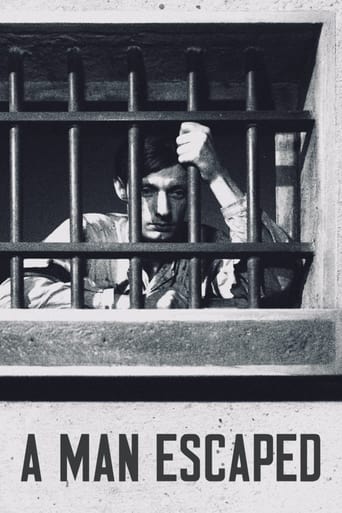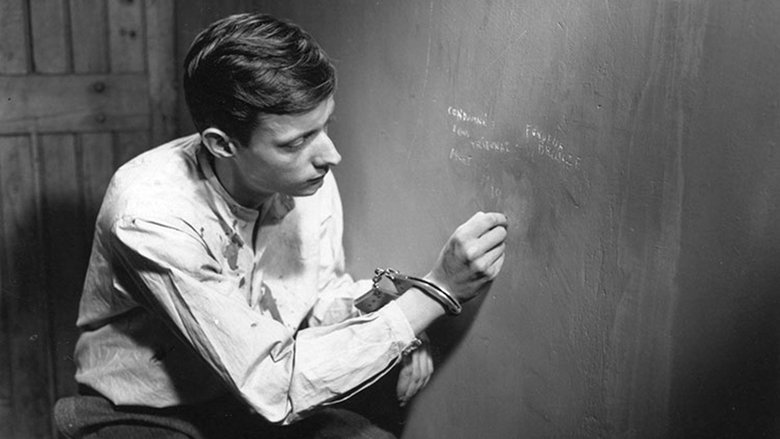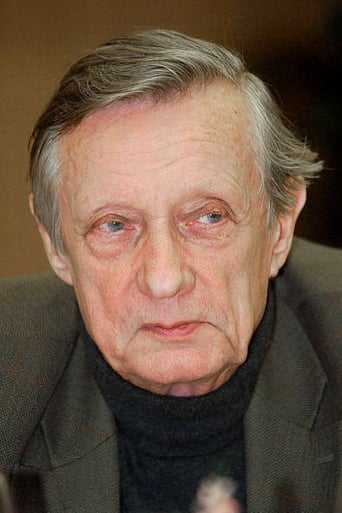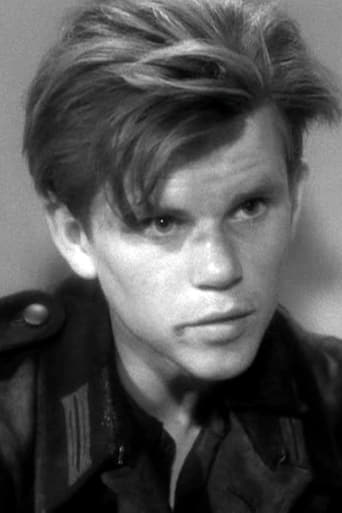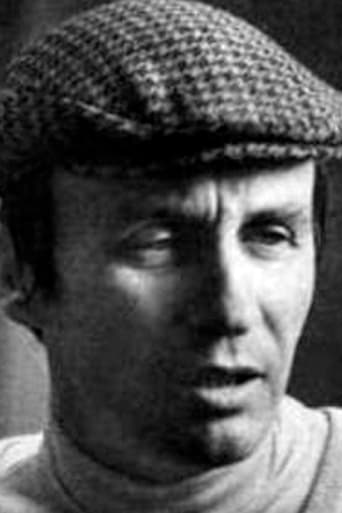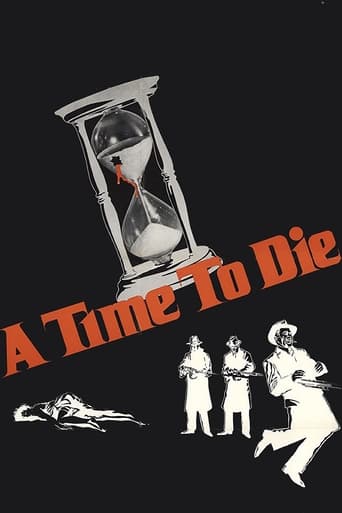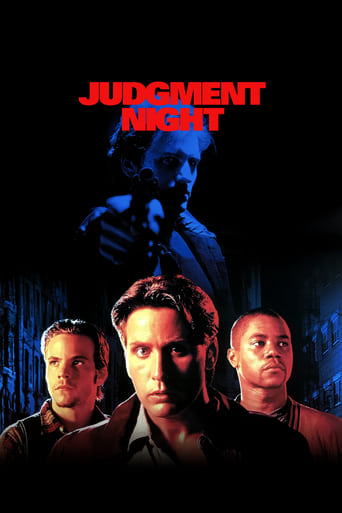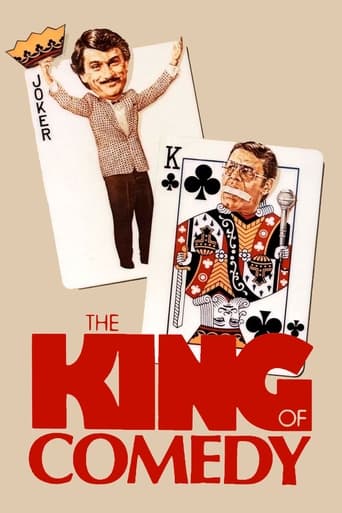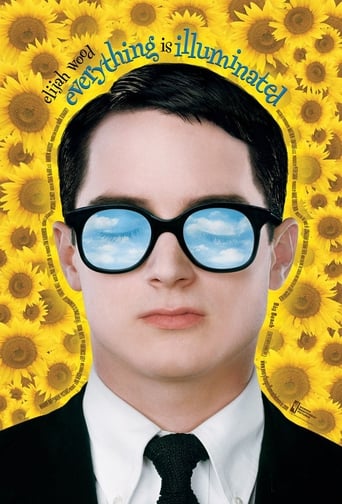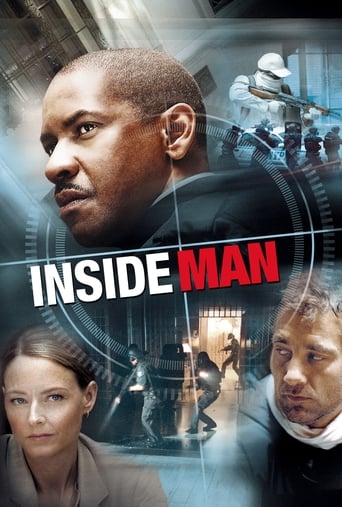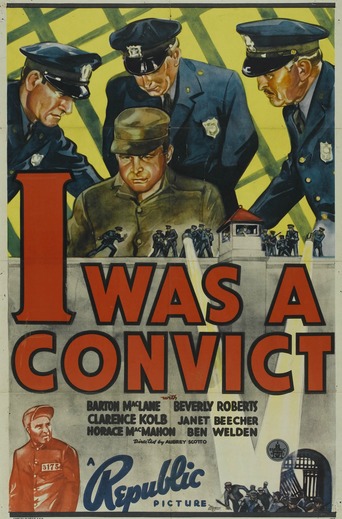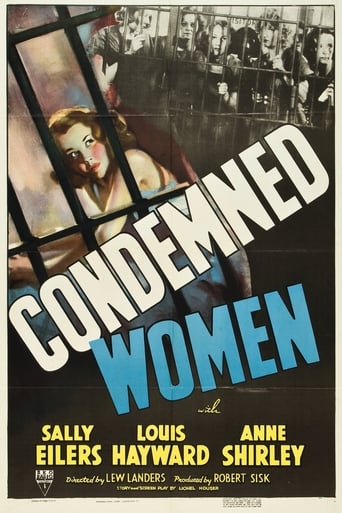A Man Escaped (1957)
A captured French Resistance fighter during World War II engineers a daunting escape from prison.
Watch Trailer
Free Trial Channels
Cast


Similar titles
Reviews
One of my all time favorites.
A different way of telling a story
A movie that not only functions as a solid scarefest but a razor-sharp satire.
This is ultimately a movie about the very bad things that can happen when we don't address our unease, when we just try to brush it off, whether that's to fit in or to preserve our self-image.
A MAN ESCAPED is a great war drama about despair and unbearable circumstances from which a man tries to escape. The main protagonist is an activist of the resistance movement. He was arrested after one action. After the initial shock, the young man begins to plan an escape from prison, and he moves in a race against time because his enemies threaten him with liquidation.The story is honest and realistic in many segments. The plot is, if we ignore the mystical introduction, very simple. Scenery is confined to a very small space, which directly contributes to an increased sense of fear, despair and anxiety of the main character. Mr. Bresson made the film without specific decorations, classic turnaround and growing tensions. Simply, the focus is on the prisoner who tried to escape. The plot is realistic and spontaneous. One young man must choose between life and certain death. He was on his own in the inner monologue on the difficult road to knowledge. François Leterrier as Lieutenant Fontaine is calm and dedicated to the inner struggle. His performance is impressive. It's hard to believe that he is not a professional actor. His appearance is unreal and convincing. This is evident in his haggard and engrossed face, bloody shirt and torn stockings.This film is a reflection of a cruel experience. One man in a desperate, depressed and uncertain fight for his life, or perhaps some form of redemption.
I hit an impasse with Bresson's previous film, Diary; he used a peculiar conflation of a search for transparent truth in the mysteries of life with anguish and dejection as romanticized spiritual journey, romanticized in the Christian sense where it's not spiritual if it doesn't have anguish. It seemed crude and without enlightenment. The impasse was; was the pious young priest for Bresson another person among others in the village led astray in the effort to rationalize his emotions, or was he above them, an ideal to aspire to? This was more interesting to me than the film itself.So I came to this hoping for the fresh light of retrospect. And what a stark contrast this is! Another idealistic young man who suffers torments, physical and inner, another life of anguish in four walls. But here Bresson draws the breath in, quiets the anguish, accepts the fact of it, and works to concentrate the senses and create physical presence. We've come far in our ability to do this, but it still resonates.The film is practically a long suspense piece, with a few questions about ethics suspended briefly. The man here, by contrast to the priest, simply does the work he sets out before him. He doesn't perceive himself a martyr of his cause, or a quiet sufferer of wrongs, he simply abides and prepares for the long night. His idealism waits to be found out until near the end when the charges against him are laid out; sabotage.It's fine work, easy to parse. It doesn't answer the impasse mentioned above so for that I'll have to go to his next one.
After watching Mouchette recently, Robert Bresson's minimalist style was starting to grow on me. Although I found it sterile in something like Pickpocket, I've now found where his emotion comes from. A Man Escaped provides a thrilling setup right from the start. Whereas Pickpocket's best scenes were the ones featuring its title, A Man Escaped is constantly about the protagonist's slow progression to a breakout and it's a masterclass in designing a resourceful character. It could hold onto cheap tension, but it trusts subtle touches instead and results in a very mature approach. It's all about how humanity at its core has a need for escape as an act of self-preservation and how far they will go to get it to the point of considering killing someone else. This film is definitely Bresson's craft at his best but it's a little too dry to call it a favourite and not as emotional as Mouchette, if more psychologically interesting. Even so, Bresson sure does find a way to make his films feel much longer than they are with his crossfading editing technique. Is this the best his style can get or is there more awaiting me? We'll have to see.8/10
Robert Bresson's "A Man Escaped" is perfect. He's one of my most favorite filmmakers. His style is very austere; he eschews flamboyant camera work in favor of the rudimentary. I really enjoy Bresson's catalog.The film begins with the protagonist, Fontaine (Francois Leterrier), in the back seat of a police car and on the verge of attempting to escape by opening the door. Just as in the later prison break, Fontaine hesitates to the point where you wonder if he will do it. He does and is immediately arrested. Instead of following Fontaine on the street, Bresson remains with the police officer who is expressionless throughout Fontaine's capture. Reducing everything potentially of visual interest is Bresson's unique style, and it works.Fontaine has been beaten when he arrives at the prison, and he will wear his bloody shirt for the rest of the film. The initial scenes of Fontaine in his cell are hellish. Leterrier's narration informs us that Fontaine expects to be executed. Bresson's austere style makes this seem plausible.Fortunately for him, the French Resistance knows where he is and a stranger who paces the courtyard (with two other men) befriends Fontaine. The narration reminds us that Fontaine has to trust this stranger with secrets that are potentially fatal to others if intercepted by the Gestapo.The Germans in "Man Escaped" are ruthless. There is never the possibility that they will behave as stupidly as the Germans do in "The Great Escape" or "Hogan's Heroes." Bresson makes them real. Here the Germans are shooting spies and three of Fontaine's prison allies will face a firing squad.When Fontaine is moved to another cell he discovers a flaw in the cell's door. He begins slowly carving out the panels, trying not to make too much noise. Early on his actions are opposed by the rest of his cell block. As Fontaine gets closer to making his prison break, the other block members begin telling him he's moving too slow! Fontaine is taken to the Hotel Terminus where his death sentence is read by an unseen official. Fontaine is terrified that he will be either killed on the spot or taken to another cell. He isn't.As Fontaine gets closer to the break out the minimalist dialogue between him and the other cell block members is really strong. A final complication emerges when another man, Jost (Charles Le Clainche), joins Fontaine's cell. Fontaine fears that he is a spy. He has to make his break and can't figure out where Jost stands.The prison break is wildly suspenseful and fairly realistic. Fontaine and Jost have to wait long stretches before taking their next steps. There is a lot of suspense, and Bresson's camera is making it seem real.Bresson really understands Devigny's memoir and renders it perfectly. This is the best prison break movie ever made by a large margin.

